Cities As Engines of Justice
By JILL HABIG & JOANNA PEARL — “Having laws on the books provides a deterrent against illegal behavior. But, prohibitions only go so far. Civil law enforcement is essential if our policies are to be a reality for the communities they protect. If the laws passed by our elected representatives are legitimate, we should view enforcement as a necessary corollary to legislative policymaking to ensure compliance with those laws. Indeed, when our laws go unenforced, our democracy cannot function properly.
In practice, however, our communities do not currently receive the full benefit of the laws written to protect them due to at least three phenomena…First, our laws are under- enforced, and this “enforcement gap” means that many legal violations go undetected and unaddressed, undermining the force of those laws to regulate conduct in the workplace, marketplace, and broader community. Second, the Trump administration has pulled back on its enforcement of key public rights. Not only have leaders of prominent federal agencies expressed their intention to be less aggressive in fulfilling their roles as protectors of civil, economic, and environmental rights, but many have articulated and demonstrated an outright hostility to those protections. Third, the power of private liitigants to vindicate their own rights in court has been diminished; over the past decade, constriction of laws related to class-action lawsuits and the increased acceptance of mandatory arbitration clauses and class-action waivers have left individuals who experience harm in the workplace or at the hands of an unscrupulous company without much meaningful recourse.”
—
This article was originally published on the Fordham Law Urban Journal: Volume 45, Book 5 “Reimagining Localism (Symposium).” For full article, read more via Fordham Law Urban Journal.






